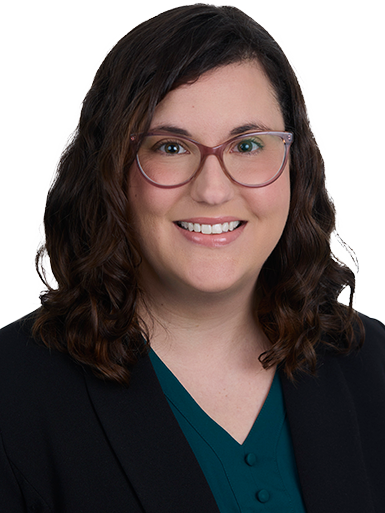AAFCPAs Best Practice Recommendations for Complying with DESE, and Managing Board and Management Conflicts of Interests
The Massachusetts Department of Elementary and Secondary Education (DESE) Office of Charter Schools’ Charter School Audit Guide (the Guide) includes compliance requirements relating to the review and assessment of related party disclosures. Now that DESE has moved to an online management system for the collection of conflict of interest forms from members of a School’s Boards of Trustees, the Guide no longer requires auditors to specifically review these conflict of interest forms. However, the Guide and Generally Accepted Auditing Standards requires management to compile a listing of related party transactions, and to assess if they are required to be disclosed in the notes to the audited financial statements. This list needs to be provided to auditors for consideration.
In order to assist with this process, AAFCPAs provides the following best practice recommendations regarding conflict of interest forms:
- Create a policy – As mentioned above, the members of the Boards of Trustees are required to submit a conflict of interest form through DESE’s online management system. As a best practice, AAFCPAs advises clients to consider creating an internal conflict of interest policy requiring the members of the Boards of Trustees to communicate conflicts of interest to management.
- Don’t forget about members of management – DESE may only require the members of the Boards of Trustees to submit conflict of interest forms through their online management system, but transactions with key management employees may also be required to be disclosed in the audited financial statements. Therefore, AAFCPAs encourages clients to consider having key management employees complete an internal conflict of interest form.
- What about the Foundation? – Foundations or other 501c(3) organizations related to the Charter School should also consider having the Board and key management complete conflict of interest forms. Keep in mind that the IRS Form 990 specifically asks whether the organization has a written conflict of interest policy, and requires a narrative related to the process for managing conflicts/conflicting interests.
A conflict of interest policy with annual sign-offs by key management and members of the Boards of Trustees is an effective process allowing management to maintain a pulse on any potential conflicts that may arise throughout the year.
Please refer to the full Audit Guide for detailed information on the financial reporting and audit requirements for Charter Schools. Proper preparation will help ensure that you have no audit findings.
If you have any questions related to your Charter School audit, please contact your AAFCPAs Partner, John Buckley, CPA, CGMA at jbuckley@nullaafcpa.com, 774.512.4039, or Nichole Reilly, CPA, MBA at nreilly@nullaafcpa.com, 774.512.4016.


